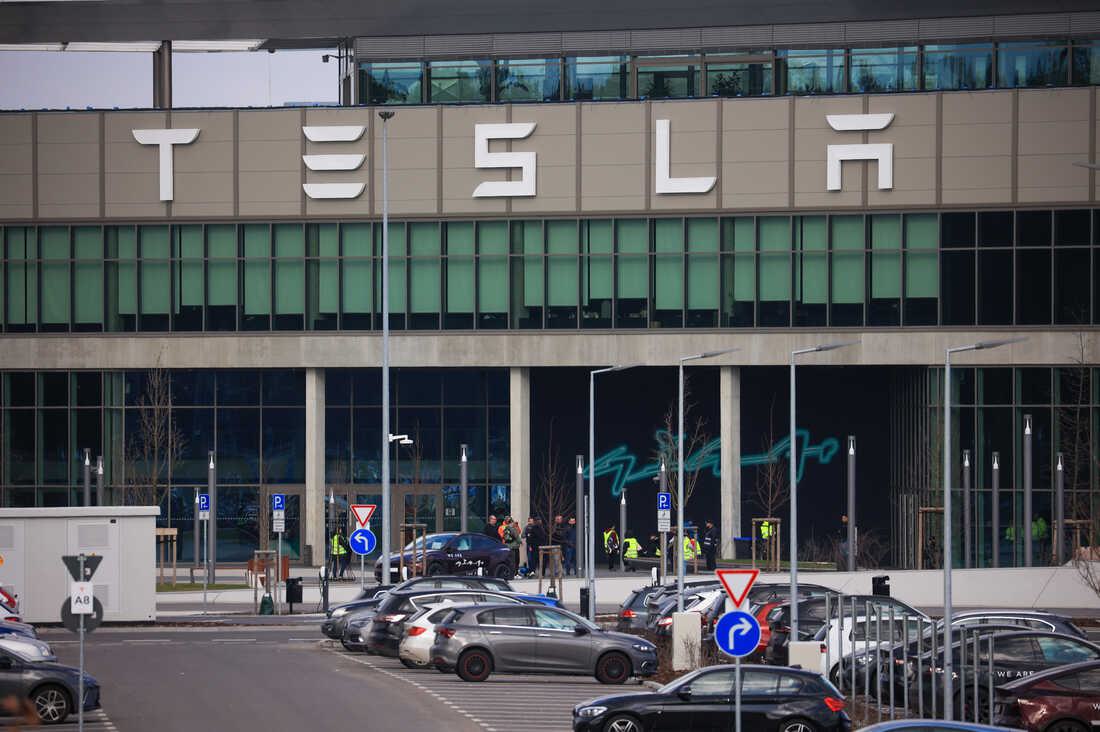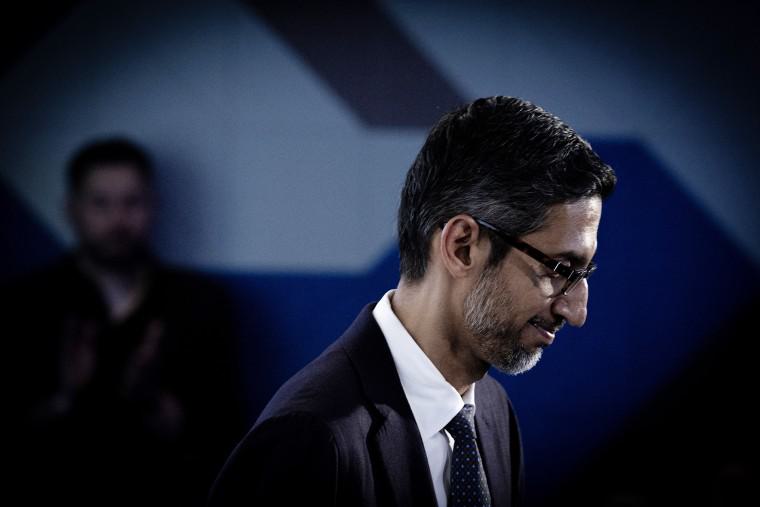Switching Energy Deals Leaves UK Customers Out of Pocket - Dispatch Weekly
September 16, 2016 - Reading time: 8 minutes
The average UK household could be paying up to £348 ($359) more per year on energy bills just 12 months after signing up and switching to the “best” deals using Energy comparison sites like USwitch and MoneySupermarket, according to new data published by Octopus Energy.
Customers Drawn in by Cheap Starting Prices

Customers who switch energy suppliers to take advantage of the best deals often get moved onto significantly more expensive tariffs, with hikes of up to 48% increase in energy prices from the Big 6 companies.
The Big 6 UK energy suppliers consist of British Gas, EDF Energy, E.ON UK, npower, ScottishPower and SSE, and currently supply close to 95% of British households with gas and electricity (uswitch.com).
Octopus Energy aims to address this problem by offering consistent and transparent “fair prices forever” deals, not taking part in the underhand bills hike other large Energy companies adopt.
12 Month Hidden Costs
The typical energy contract sees cheaper 12 month starting costs before prices increase, forcing customers to begin paying a more expensive tariff without clearly indicating the hidden costs.
Extra charges from smaller suppliers totaled to less than £30 a year.
Big Six Receive Criticism
It is not just Octopus Energy who have criticized the Big 6. In 2015, Stephen Fitzpatrick, head of competitor Ovo Energy, told The Telegraph:
“It was “impossible” for suppliers such as ScottishPower, npower and British Gas to be making a profit on their cheapest deals if their overall profit margins-including the majority of customers on much more expensive deals- were as low as they claimed.”
He said that companies should be forced to prove that prices charged for different tariffs reflect their supply costs. This would then force companies to cut costs across the board.
What Happens When the Fixed Period Expires?

The graph above shows Customers sign ups represented by the blue prices and what they end up paying in orange, once the fixed period expires.
For example, a typical customer supplied by npower would pay on average £724 for the first year, however this would then rise by a staggering £348 at the end of the fixed period.
If they stay with the same energy company for a further two years, this would cost £696 more than what they signed up for. Add another two years on top of that and the customer would be on average £1392 worse off than the deal they initially signed up to.
Six of the top 10 deals advertised over the past 6 months by each supplier had potential price hikes of over 38%, that’s £284 or more
The longer a customer remains with an energy company, the more likely they are to be moved to a higher tariff, widening the gap between the initial deal and what they end up spending.
Ditching Bigger Energy Suppliers
Households are gradually becoming savvier as they are now ditching big name energy suppliers in favor of smaller independent suppliers, such as Octopus Energy.
A report published in 2015 by Cornwall Energy assessment of Ofgem data found that more than three million households are now customers of small suppliers.

In 2014, the Big Six energy firms lost an astonishing 660,000 customers.
The data indicated that these bigger energy suppliers lost 115,000 dual fuel accounts to independent energy companies in the three months leading up to 31 July.
More recently, according to data from Centrica in 2016, British Gas lost more than 400,000 customers from January-June to independent suppliers.
A Solution: Long Term Price and Deal Price

Greg Jackson, Founder of Octopus Energy said:
“This problem is easy to solve. Advertised rates should indicate the current “long term” price as well as the deal price, or show a multi-year estimate so that the vast majority of customers who don’t switch every 12 months can make informed choices when they choose a supplier.”
“We’d encourage people to check what sorts of rates suppliers charge after the fixed period. Does the company you’re switching to treat loyal customers well, or try to squeeze them as soon as it can?”
This year, Octopus Energy launched as a transparent, low cost energy supplier aiming to provide fair pricing to those living in the UK.
The supplier believes in renewable generation and a low carbon dioxide future. In 2011 Octopus Energy built a solar generation plant and have gone on to build 154 solar farms in the UK and 66 projects in France.
If you are unsure whether you are paying too much for your energy you might want to compare independent Energy suppliers with the Big 6 to see who offers deals that are cost efficient in the long term.

DW Staff
David Lintott is the Editor-in-Chief, leading our team of talented freelance journalists. He specializes in covering culture, sport, and society. Originally from the decaying seaside town of Eastbourne, he attributes his insightful world-weariness to his roots in this unique setting.




